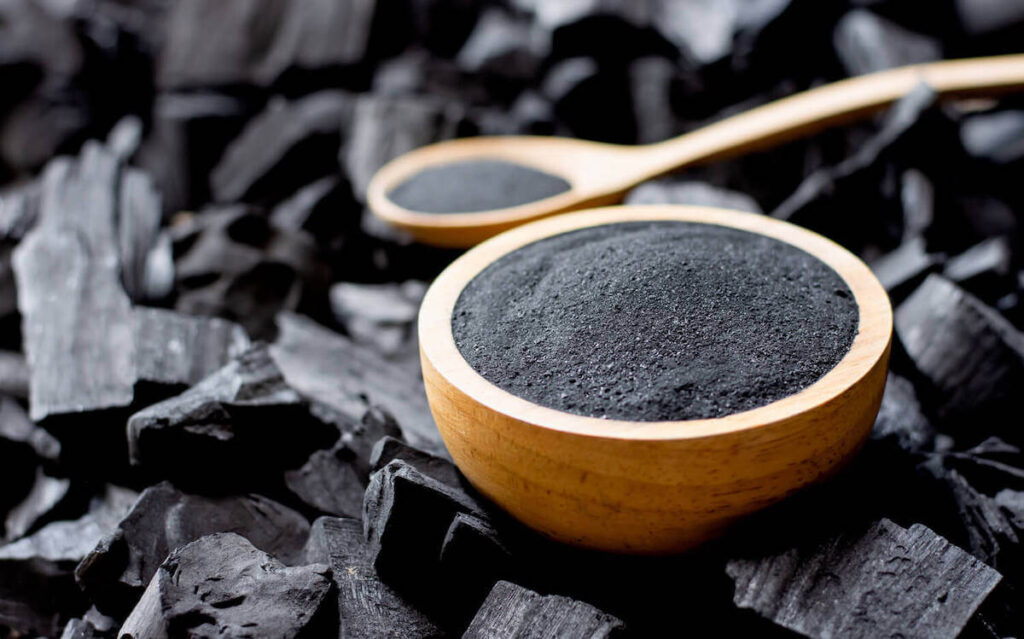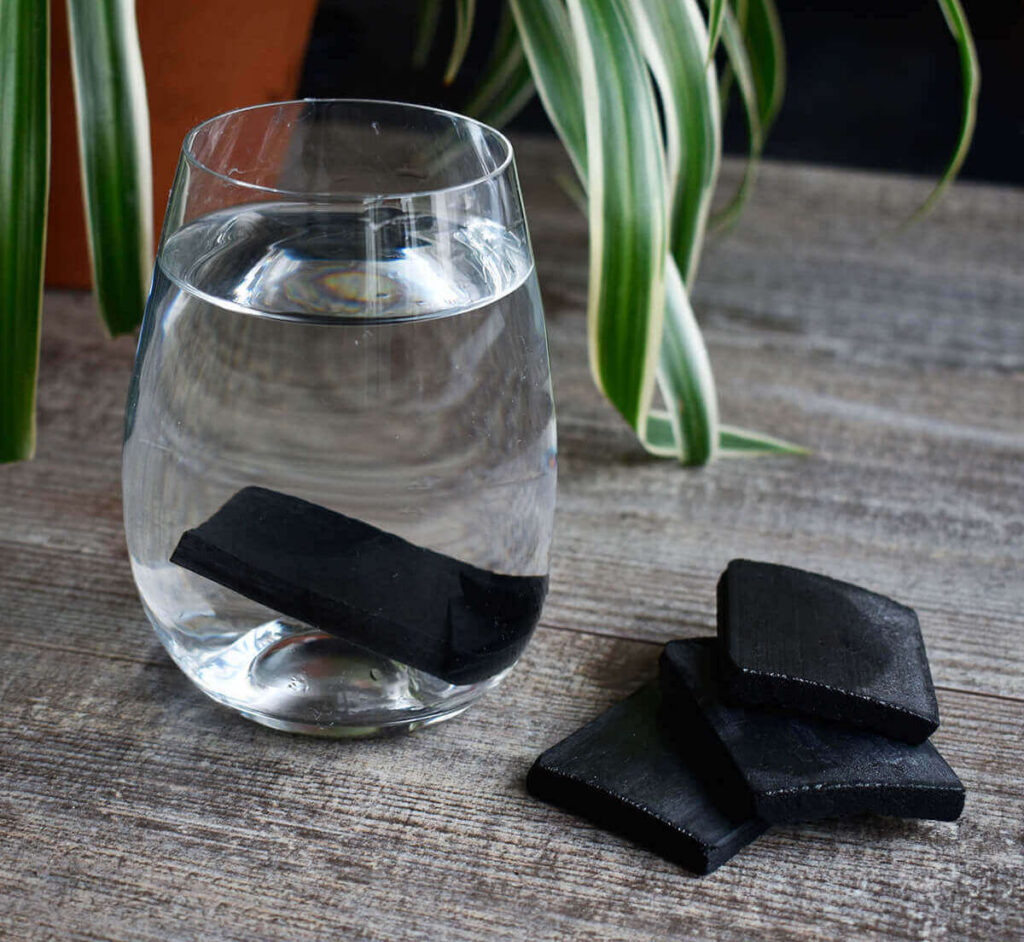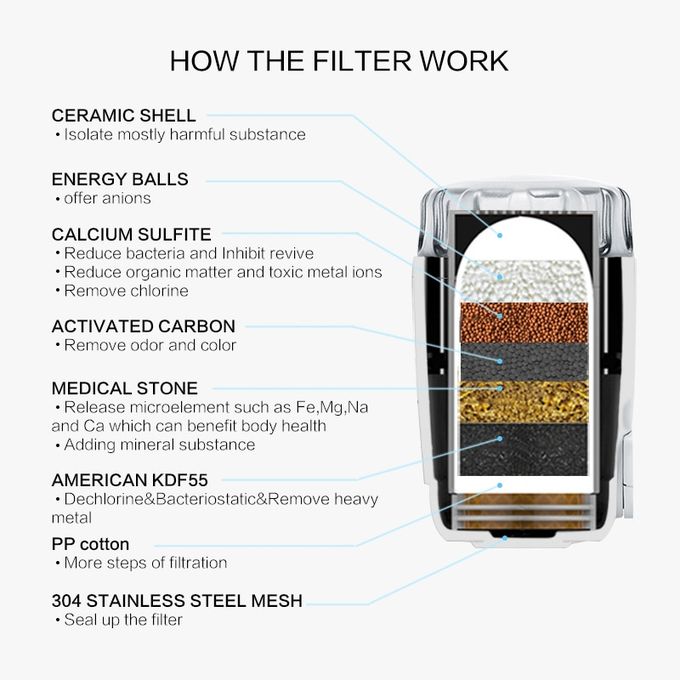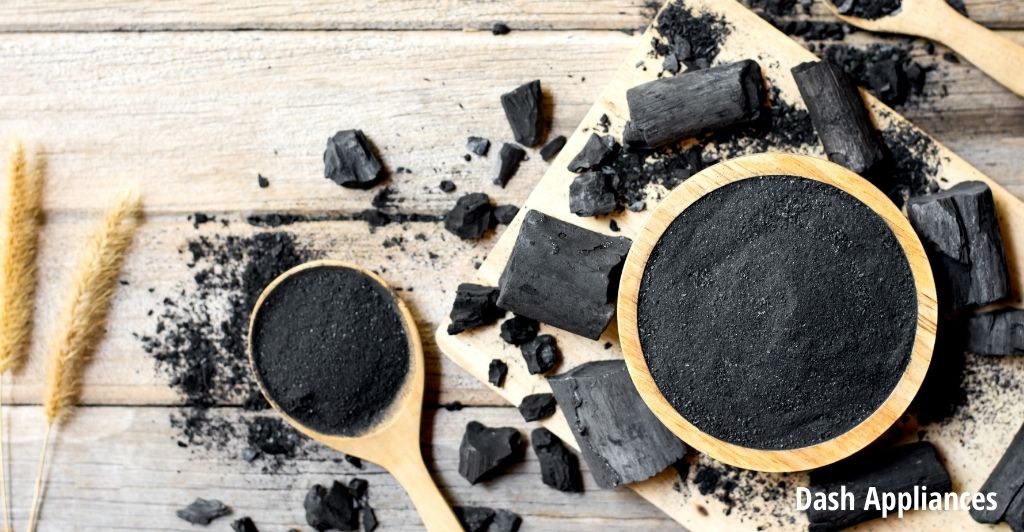In the modern world, charcoal has become an essential component. It is used in several industries, including cosmetic, medical, and agricultural activities. Activated charcoal is also one of the vital components of water filtration systems.
But how does activated charcoal water filter work? Let’s dive into the article to know more about it.
What Are Charcoal Filters?
Also popularly known as “activated carbon filters’’, charcoal filters are obstructions that remove harmful substances from your drinking water.

The tiny and low-volume pores in charcoal provide a surface for chemical reactions or absorption. As a result, it is extensively used to remove disinfectants from water, making it pure to drink.
Benefits Of Charcoal Water Filter
The advantages of using a charcoal water filter include:

- Provides Healthy Water: Although charcoal filters remove impurities from the water, they add certain nutrients like magnesium, calcium, and iron to the water. Thus, it improves the quality of water.
- Enhances The Taste Of Water: Tap water sometimes tastes metallic or has an unpleasant aroma. It may be due to the additives like chlorine that are added to purify the water in reservoirs. Charcoal filters absorb these chemicals, making your drinking water much more delectable.
- Cheaper: Charcoal water filters are comparatively less expensive than other water filtration systems.
- Easy To Maintain: These filtration systems do not require constant repairs or checks. You can replace the filter once the charcoal is used completely. Hence, the replacement parts are easy to source and install.
Types Of Charcoal Water Filter
There are multiple varieties of charcoal or carbon water filters. Some of them are listed below:
- Granulated Activated Carbon Filter: The GAC filter or Granulated Activated Carbon Filters absorb gases and vapors as they diffuse quickly. It allows water to flow through the filtration system easily. These filters are widely used for the treatment of water.
- Powdered Activated Carbon Filter: The PAC filters have fine particles of activated charcoal. It is directly added to the other process components, including clarifiers, raw water intakes, and gravity filters. These filters are carbon block filters.
- Extruded Activated Carbon Filter: EAC or Extruded Activated Carbon Filter are used in CTO filters that remove odor, taste, and chlorine.
- Bead Activated Carbon Filter: It is extensively famous for its mechanical strength and low dust content. It is used for odor defense and absorption in the water filtration system.
- Impregnated Carbon: Impregnated charcoal contains silver, iodine, and other cations. It absorbs impurities from the water and hampers the growth of microorganisms.
Therefore, activated charcoal removes harmful substances from water through the chemical process of absorption. Besides water filtration, it is an essential component in a wide range of industries.
How Does Charcoal Water Filter Work?
Charcoal water filters are highly porous and have a large surface area. As a result, it effectively reduces odors, bad tastes, and other contaminants in water.
There are two stages to filter water through activated charcoal. The primary way to remove impurities from the water is through physical absorption.

Absorption soaks the pollution as the sponge soaks water in it. The intermolecular forces of activated charcoal withdraw molecules into the multiple pores and pockets at its surface.
After physical absorption, activated charcoal also promotes chemical reactions. It is applicable during the removal of chlorine from water. When chlorine collides with the activated charcoal, both the molecules respond to form chloride ions, thereby removing the chlorine effectively.
The effectiveness of the charcoal water filter depends on several factors, including the category and mass of pollution, the temperature and acidity of the water, and the time spent by the activated charcoal with water.
A particular kind of charcoal filter also regulates the level of filtration. Charcoal molecules with large pores absorb big and heavy molecules, while tiny pores soak up lighter impurities.
The charcoal water filter is safe to use as no trace of charcoal is left in the drinking water after it has been thoroughly treated.
What do Activated Carbon Filters Remove?
Activated carbon water filters remove pesticides, chemicals, heavy metals and cartridge sediment.
By removing pollutants from your drinking water, activated carbon filters keep your drinking water safe and healthy. They concentrate the contaminants in water to such low levels that microorganisms cannot live in them longer.
| Bad taste | Yes |
| Bad Odors | Yes |
| Chlorine | Yes |
| Trihalomethanes (THMs) | Yes |
| Mercury | Yes |
| Heavy Metals (like iron) | If certified |
| Lead | If certified |
| Hard Water | No |
| Fluoride | No |
| Pesticides (like Chlordane) | Yes |
Conclusion
Charcoal water filters are the most prominent water filters available in the market today. The activated charcoal removes toxins from the water, thereby making it pure and safe to drink.
Contrary to a water softener, it maintains the minerals of water that provide numerous health, economic, and ecological benefits. Give it a chance and see the difference yourself.
FAQs
Are charcoal water filters effective?
Charcoal water filters effectively remove chlorine and other harmful substances like trihalomethanes and odors, and bad taste. Some are designed to extract other impurities using chemical reactions. Hence, the charcoal filter removes at least 81 chemicals from the water. Additionally, it is also effective in reducing the other 52 contaminants. As stated in the EPA, activated charcoal is the only material that extracts all 12 herbicides, 14 pesticides, and 32 recognized organic impurities.
How long do charcoal filters last?
The life of charcoal filters depends upon the quality, amount of contaminants, and the volume of water. Some filters last for about two to six months from their first use, while some are protected by other filters and can last for up to 12 months. Therefore, frequent use and poor quality tap water reduce the lifespan of the charcoal filters.
Are charcoal water filters safe?
Yes, charcoal water filters are safe, mainly if it has the warranty specified for material safety. All charcoal filters are designed to remove chlorine, odor, and taste, and other harmful substances like cysts and lead. On the contrary, mechanical filters undergo a screening process in which unwanted substances cannot enter. Thus, the pores of these charcoal water filters absorb even finer particles.
Do charcoal filters remove bacteria?
No, charcoal filters do not remove microbial impurities like bacteria and viruses, hard water minerals (calcium and magnesium), nitrate, and fluoride, and several other compounds. However, the activated charcoal water filter removes impurities that affect the water’s taste, odor, and color. It also removes chlorine, pesticides, THM, PAHs, industrial solvents, polychlorinated PCBs, and radon gases. Therefore, there are water filters available in the market to remove bacteria and viruses from the water.
